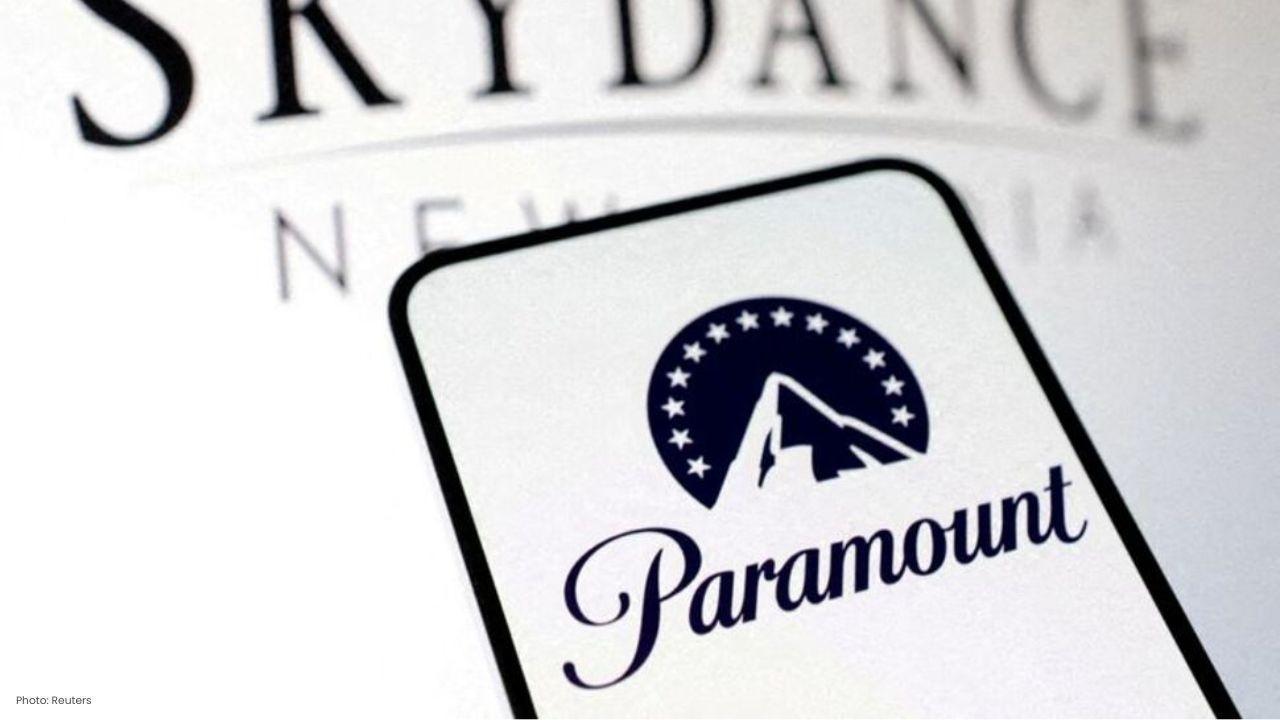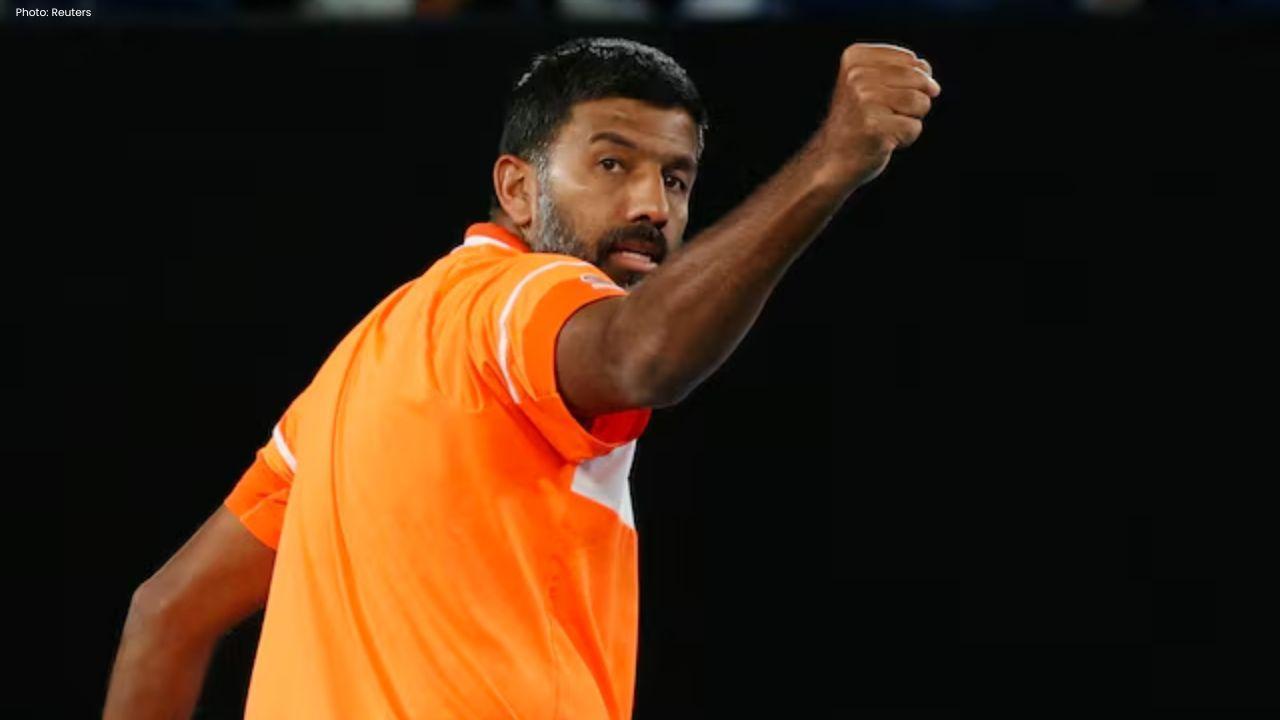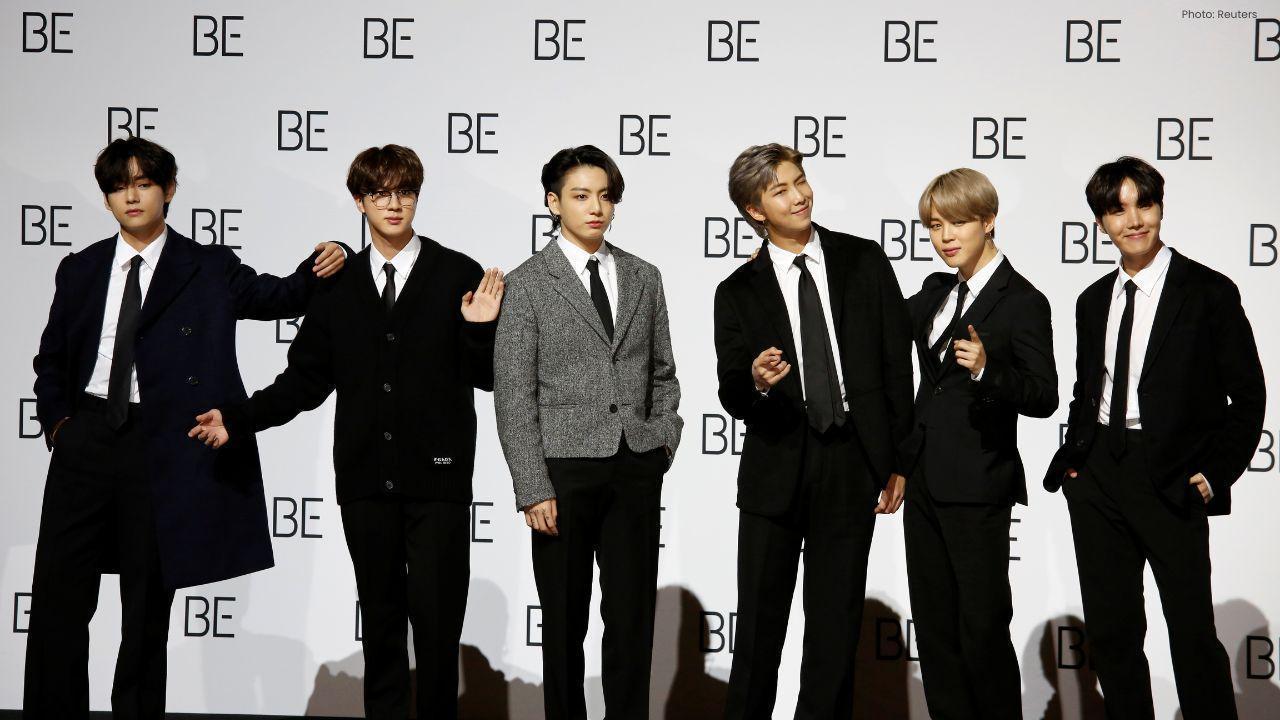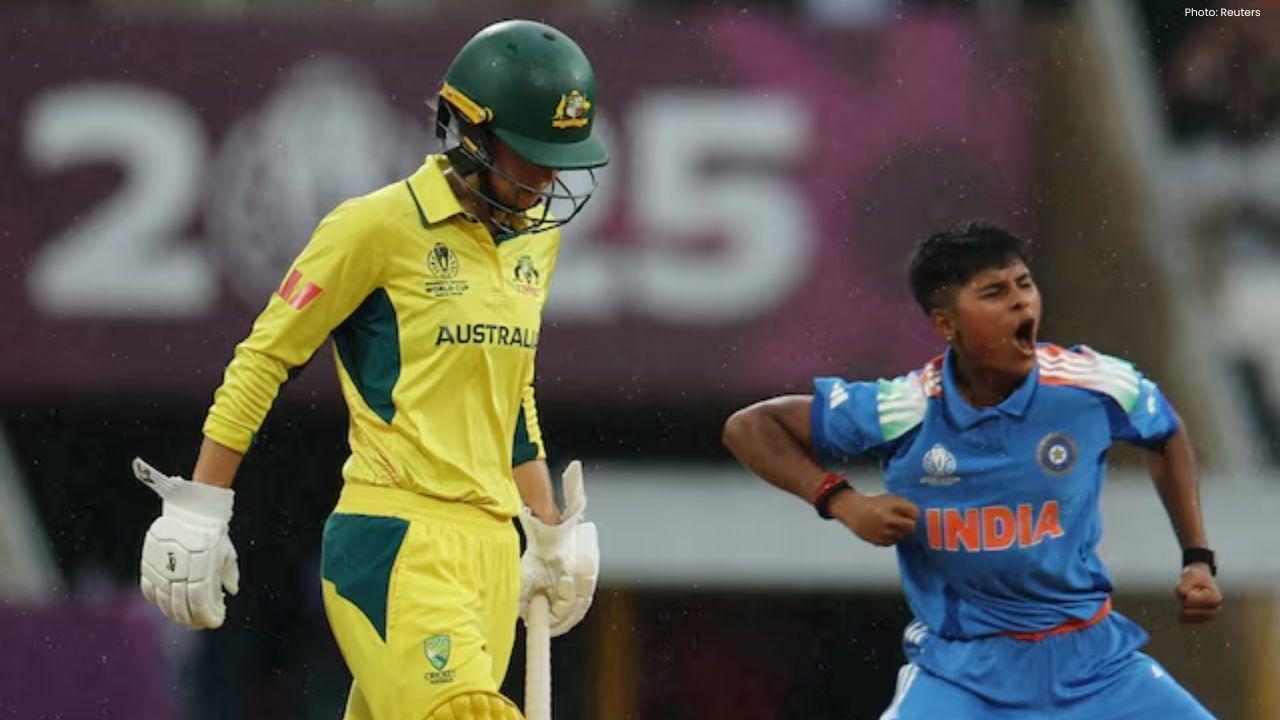
Post by : Monika
On October 8, 2025, Russia’s central bank publicly criticized the government for violating the rights of minority shareholders in recent state takeovers of companies. This move is unusual. It shows that some parts of Russia’s financial elite are uneasy about how the state is grabbing assets — a process that has affected many companies, including ones once owned by Russian billionaires and foreign investors.
What Happened?
The central bank said the state broke the law when it seized a majority stake in a gold mining company known as UGC. It claimed the government should have made a mandatory buyout offer to all shareholders, especially to minority ones, but failed to do so. According to the central bank, that omission violated shareholder protection laws.
In simple terms: when the state takes over control of a public company, it should pay fair value and follow legal steps that protect all shareholders. The central bank ruled that these steps were not followed in the UGC case.
Why This Matters
Property Rights at Risk
The central bank warns that state actions like this undermine even the faintest remaining safeguards for private property in Russia. People who bought shares in UGC on the stock market were not part of any legal case; they were ordinary investors. Yet the takeover de facto reduced the value of their shares without offering them fair compensation.
Investor Confidence Suffering
Such aggressive state moves scare away investors. If the government can seize assets without following the law, who would want to invest? This behavior contributes to what some people call a “Russian discount” — where Russian assets are valued lower by investors because of risk.
Legal Pushback from Within
Surprisingly, this criticism came from part of the establishment — market-friendly technocrats, central bank staff, and some finance ministry voices. These are people who see value in preserving market rules and sound financial systems. Their opposition signals internal tension over how nationalization is being handled.
The UGC Case: A Closer Look
One proposed workaround is to resell the seized shares quickly, shifting the responsibility to the new owner. A presidential decree aims to accelerate such sales. In UGC’s case, the UMMC group is seen as likely buyer. The Russian finance ministry wants to complete this sale by the end of October for 100 billion roubles (about $1.23 billion).
Voices Inside Russia Express Concern
Officials like Vladimir Chistyukhin, First Deputy Chairman of Russia’s central bank (overseeing financial markets), joined the criticism. He warned that the state’s approach endangers Russia’s ability to attract foreign investment after any conflict ends.
Broader Consequences
Delisting and Market Withdrawals
The uncertainty pushes companies to delist or stay private. Public listings become riskier in such an environment.
“Russian Discount” Intensifies
Investors will increasingly demand steep discounts to account for legal and political risk in Russia. This damages valuations and raises funding costs.
Foreign Investment Likely to Shrink
If foreign investors believe their assets may be seized without recourse, they will avoid Russia entirely.
Wider Asset Grab Strategy
This isn’t isolated. Over the past years, the state has seized stakes in banks, infrastructure, mining, and real estate under various legal or political pretenses. Critics see this as consolidation of control in strategic sectors.
A Balancing Act
The central bank is trying to walk a fine line:
The UGC Example in Context
Why It’s Unusual
It’s rare for Russia’s central bank to publicly criticize the government this way. Usually, central bank leadership is cautious and avoids confrontation. But rising concern over how rampant asset seizures may harm financial trust has pushed some voices to object.
This is not just business criticism — it’s about the future of Russia’s economic system: whether it continues under rule of law or moves toward more centralized control.
What Comes Next?
Russia’s central bank has issued a rare and significant warning: in its view, the state has violated shareholder protection laws in its seizure of UGC. By criticizing such asset grabs, the bank is pushing back against authoritarian trends and defending what remains of property rights in Russia’s financial system.
Whether this becomes more than a symbolic gesture depends on how the government responds — by backing down, partially complying, or doubling down. In any case, for investors, minority shareholders, and the future of Russia’s markets, this moment carries weight.










Paramount+ Wins Five-Year Deal to Stream PBR’s 'Unleash the Beast'
Paramount+ has inked a five-year streaming agreement to carry PBR's Unleash the Beast live from Dece

Zohran Mamdani's Historic NYC Win Marked by Bollywood Finale
Zohran Mamdani captured the New York mayoralty — the city's first Muslim and South Asian mayor — and

Indian Tennis Veteran Rohan Bopanna Ends Illustrious Career
Rohan Bopanna retires from tennis at 45 after winning two Grand Slams, becoming world number one, an

Babar Azam Becomes Top Run Scorer In T20I Cricket History
Pakistan’s Babar Azam has overtaken India’s Rohit Sharma to become the highest run-scorer in men’s T

BTS Comeback 2026 Group Plans Biggest-Ever Global Tour
BTS is set for a long-awaited comeback in 2026, followed by a massive 65-city world tour. Fans hope

India Stuns Australia to Reach Women’s World Cup Final
India shocked seven-time champions Australia in the Women’s World Cup semi-final, chasing 339 runs w